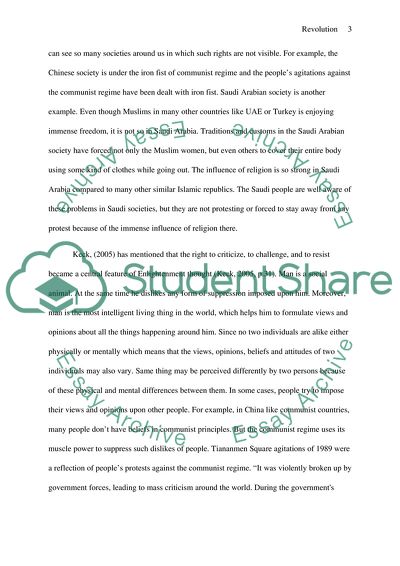Cite this document
(How Reasonable Is the Case For a Natural Right to Revolution Study, n.d.)
How Reasonable Is the Case For a Natural Right to Revolution Study. Retrieved from https://studentshare.org/politics/1732226-how-reasonable-is-the-case-for-a-natural-right-to-revolution
How Reasonable Is the Case For a Natural Right to Revolution Study. Retrieved from https://studentshare.org/politics/1732226-how-reasonable-is-the-case-for-a-natural-right-to-revolution
(How Reasonable Is the Case For a Natural Right to Revolution Study)
How Reasonable Is the Case For a Natural Right to Revolution Study. https://studentshare.org/politics/1732226-how-reasonable-is-the-case-for-a-natural-right-to-revolution.
How Reasonable Is the Case For a Natural Right to Revolution Study. https://studentshare.org/politics/1732226-how-reasonable-is-the-case-for-a-natural-right-to-revolution.
“How Reasonable Is the Case For a Natural Right to Revolution Study”. https://studentshare.org/politics/1732226-how-reasonable-is-the-case-for-a-natural-right-to-revolution.


